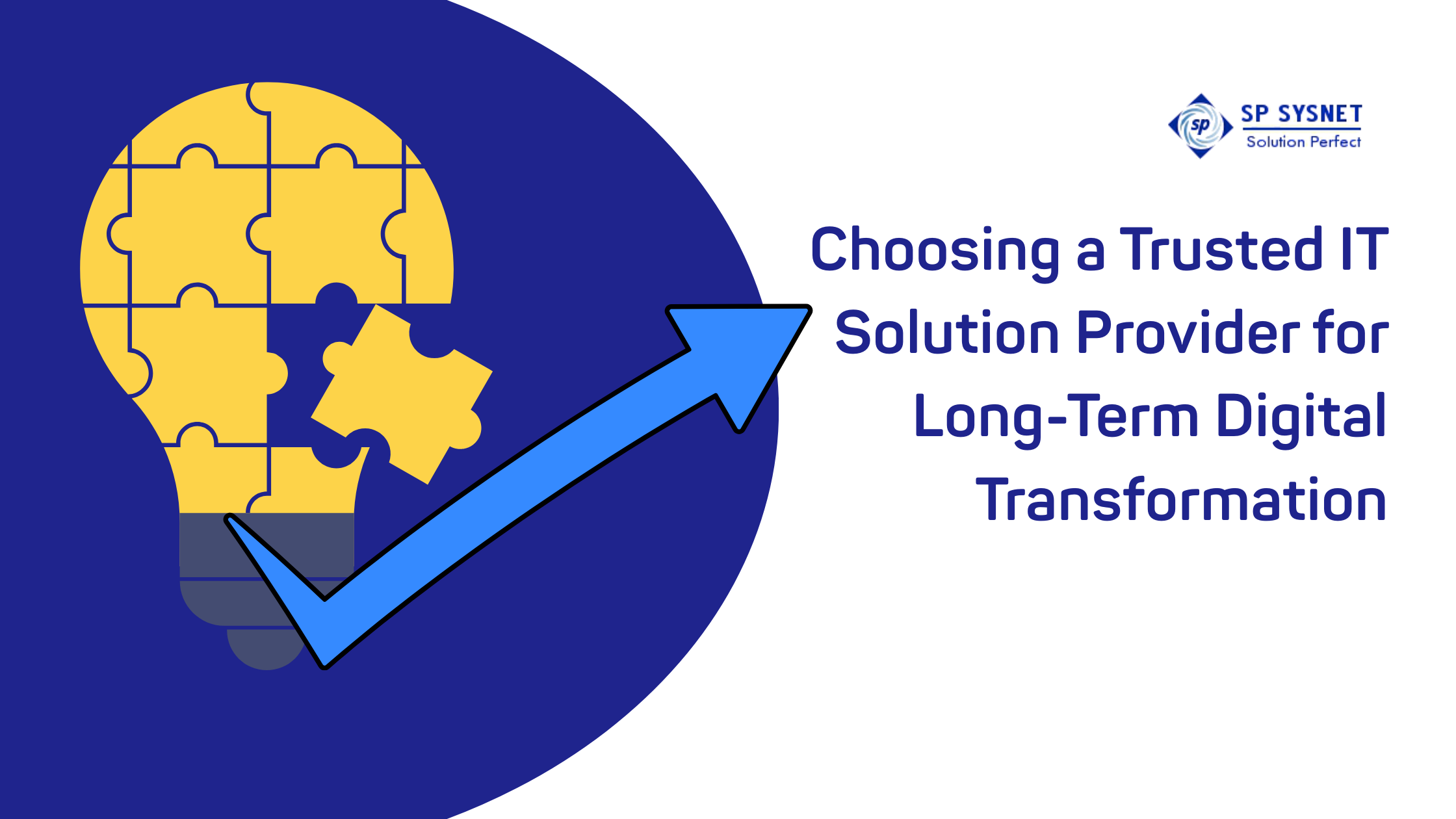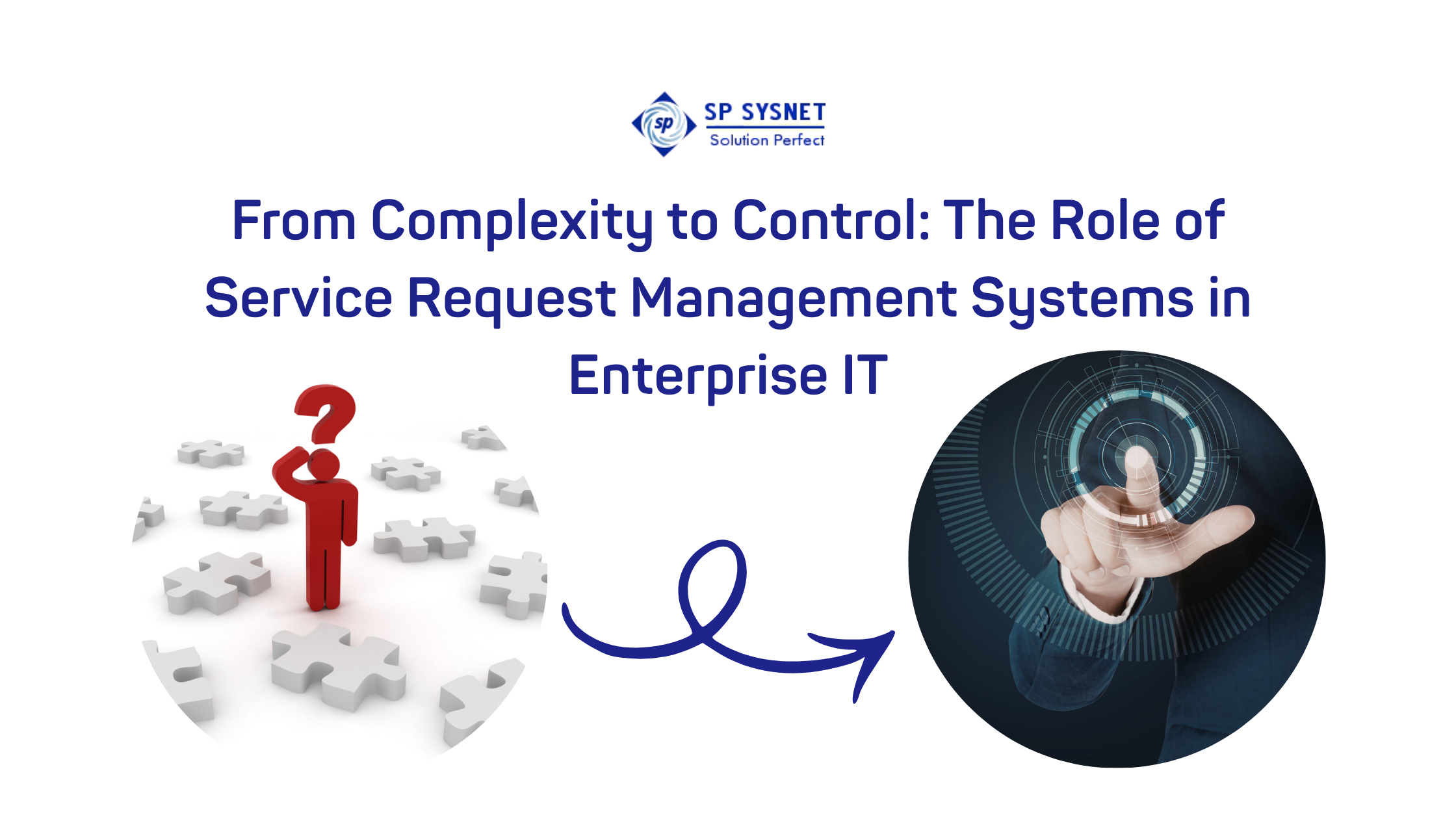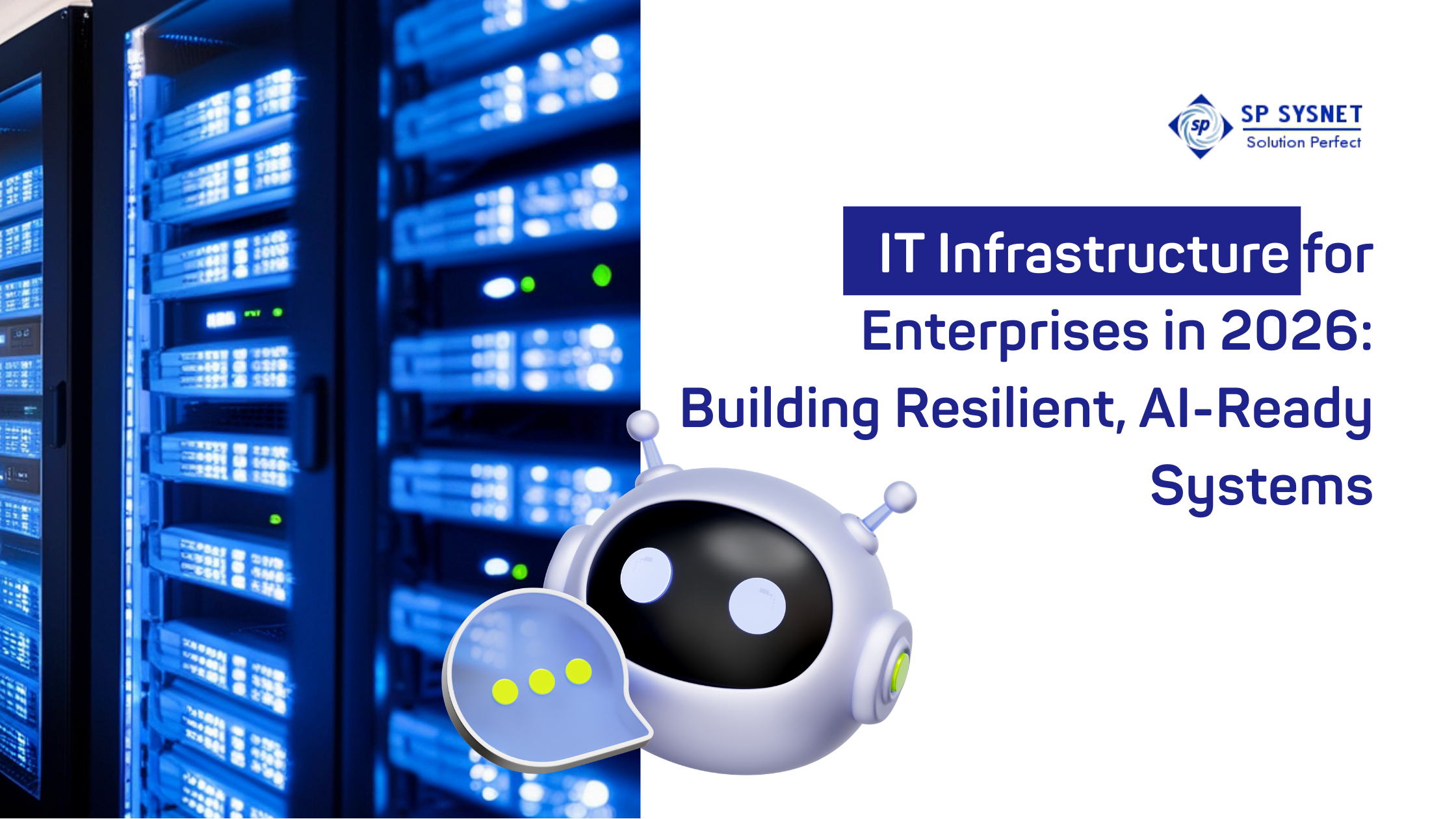In the fast-evolving world of digital transformation, a business’s ability to operate efficiently, securely, and at scale depends on one crucial factor — its network infrastructure. From data communication and connectivity to security and scalability, network infrastructure solutions form the foundation of a modern digital enterprise. They ensure seamless collaboration, continuous uptime, and reliable access to data and applications, no matter where teams are located.
Let’s explore how these solutions empower businesses to thrive in today’s competitive, connected environment.
1. The Backbone of Digital Transformation
Modern enterprises rely on advanced IT systems, cloud applications, and remote collaboration tools to function effectively. However, none of this is possible without a robust and well-structured network infrastructure. It acts as the backbone of digital transformation, connecting data centers, cloud services, end-users, and devices through a unified ecosystem.
Network infrastructure solutions ensure smooth data flow between various departments, streamline communication, and support advanced workloads like Artificial Intelligence (AI), Internet of Things (IoT), and edge computing. This interconnected environment is vital for maintaining real-time visibility and responsiveness — the cornerstones of a modern business.
Whether it’s a small business moving its operations online or a multinational deploying hybrid cloud systems, an efficient network infrastructure guarantees consistent performance and productivity across all digital touchpoints.
2. Enhancing Connectivity and Collaboration
Today’s workforce is more mobile and distributed than ever before. Hybrid work models demand uninterrupted connectivity and collaboration tools that can operate seamlessly from anywhere in the world. This is where intelligent network infrastructure solutions come into play.
Through secure wireless networks, virtual private networks (VPNs), and software-defined wide area networks (SD-WANs), businesses can ensure reliable, high-speed access to corporate resources. These technologies empower teams to collaborate across locations while maintaining data security and performance.
3. Strengthening Network Security and Compliance
With the rapid expansion of digital operations, cybersecurity threats have become more sophisticated. Every endpoint, from employee laptops to IoT devices, can be a potential entry point for attackers. Thus, businesses must integrate advanced security frameworks within their network infrastructure solutions.
This includes implementing firewalls, intrusion detection systems, secure access controls, and network segmentation. By doing so, enterprises can minimize attack surfaces and safeguard sensitive data. Moreover, compliance with global data protection standards such as GDPR and ISO 27001 is simplified when security is built into the network design.
Partnering with an IT networking services provider ensures that businesses not only deploy robust infrastructure but also continuously monitor and update it. Managed services such as threat detection, vulnerability assessment, and incident response add another layer of defense, ensuring a proactive security stance in a constantly evolving threat landscape.
4. Driving Scalability and Performance Optimization
One of the key advantages of modern network infrastructure solutions is scalability. As businesses grow, their network requirements change — from handling more users and devices to accommodating new applications and workloads.
A flexible infrastructure built with scalable switches, routers, and cloud integration capabilities allows companies to expand without disruption. Technologies like SDN (Software-Defined Networking) and virtualization give organizations the agility to allocate resources dynamically and manage traffic efficiently.
Additionally, performance optimization tools ensure that bandwidth and network resources are used effectively. This prevents congestion, reduces latency, and enhances user experience — whether it’s for internal applications, customer-facing platforms, or cloud-based systems.
5. Cloud Integration and Hybrid Environments
Cloud adoption has revolutionized how enterprises store, manage, and process data. However, integrating cloud solutions with on-premises infrastructure requires a robust, hybrid-ready network architecture.
Modern network infrastructure solutions enable smooth connectivity between private data centers, public clouds, and remote endpoints. They support multi-cloud environments and ensure consistent performance across platforms. This integration enhances agility, allowing organizations to deploy and manage workloads efficiently in different cloud environments.
Furthermore, with hybrid networks, businesses can balance cost and performance by running critical workloads on-premises while leveraging the cloud for scalability and flexibility.
An experienced IT networking services provider helps design, implement, and manage such hybrid infrastructures, ensuring seamless connectivity and optimal data flow across the ecosystem.
6. The Role of Automation and AI in Networking
Automation and Artificial Intelligence (AI) are reshaping the future of IT networks. With intelligent monitoring and analytics, businesses can now gain deeper insights into network performance, detect anomalies, and predict potential failures before they occur.
Automated configurations and self-healing networks reduce manual intervention, allowing IT teams to focus on strategic initiatives. These capabilities not only increase operational efficiency but also minimize downtime, ensuring business continuity.
7. Choosing the Right IT Networking Services Provider
Selecting the right partner to implement and manage your network infrastructure is critical. A skilled IT networking services provider brings deep expertise in network architecture, security, and cloud integration. They assess business needs, design scalable infrastructures, and offer managed services for ongoing optimization and security monitoring.
From initial setup to lifecycle management, such providers ensure that every component of the network supports business objectives while remaining secure, compliant, and efficient.
Conclusion:
A strong and intelligent network infrastructure is no longer optional — it’s a strategic necessity for every modern enterprise. Scalable, secure, and performance-driven network infrastructure solutions enable businesses to thrive in the digital era by ensuring uninterrupted operations, enhanced collaboration, and proactive security.
For organizations seeking a trusted IT networking services provider, SP Sysnet stands out as a leader. With expertise in designing, deploying, and managing advanced networking environments, SP Sysnet empowers businesses to transform their operations, improve efficiency, and achieve long-term growth through intelligent, future-ready infrastructure solutions.








